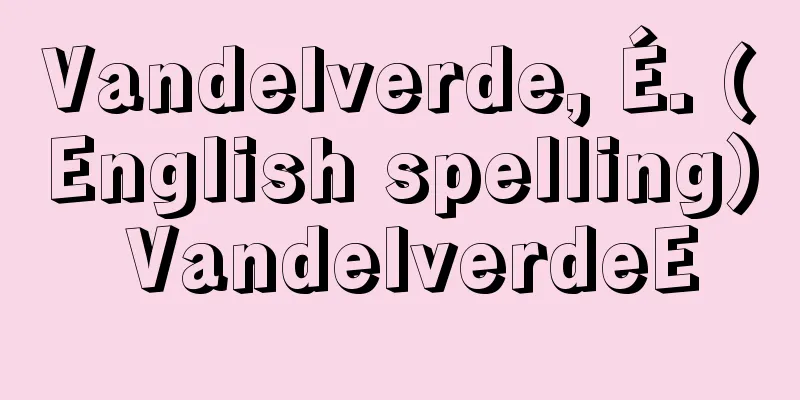Proletariat (English spelling)

|
The term is opposed to the capitalist class, i.e. the bourgeoisie, and refers to the workers in capitalist society who do not own the means of production and live by selling their labor to capitalists. Unlike slaves and serfs, proletariat is not only free from the ownership of the means of livelihood, but also has personal freedom and is able to sell its labor to capitalists as a commodity. It was during the bourgeois revolution and the process of original accumulation that a large number of free workers were created, and after the Industrial Revolution, society was largely divided into the bourgeoisie and the proletariat. It was A. Smith who first recognized them as a social class, but Marx defined the working class as the only creator of value and the agent of historical change. The word originates from the Latin proletetarius (the propertyless). It was once translated as the proletariat class, and today it is translated as the working class, but while the working class is a term defined in economic terms, the proletariat is often used as a term that includes a broader historical and social concept. A distinction is sometimes made between proletarian and proletarian, and proletariat and proletarian are sometimes translated as working class or proletariat class. Source: Encyclopaedia Britannica Concise Encyclopedia About Encyclopaedia Britannica Concise Encyclopedia Information |
|
階級としての資本家,すなわちブルジョアジーに対立する概念で,資本主義社会において,生産手段をもたず,みずからの労働力を資本家に売ることによって生活する階級としての労働者をさす。奴隷や農奴とは異なって生活手段の所有から解き放されているばかりでなく,人格的な自由をもち,自己の労働力を商品として資本家に販売することのできる自由な労働者が多数生み出されたのは,ブルジョア革命と本源的蓄積過程においてであり,産業革命以後,社会は大きくブルジョアジーとプロレタリアートに分離された。彼らを社会階級として初めて認めたのは A.スミスであったが,マルクスは,労働者階級は唯一の価値の創造者であり,歴史変革の主体であると規定した。語源はラテン語の proletetarius (無産者) 。かつては無産者階級,今日では労働者階級と訳されるが,労働者階級が経済学的規定をもつ用語であるのに対して,プロレタリアートはより広義の歴史的,社会的な概念を含む用語として用いられることが多い。プロレタリアを労働者,勤労者,無産者,プロレタリアートを労働者階級,無産者階級と訳して区別することもある。
出典 ブリタニカ国際大百科事典 小項目事典ブリタニカ国際大百科事典 小項目事典について 情報 |
<<: Proletarian literature - Proletarian literature
>>: Proletarian Education Movement - Proletarian Education Movement
Recommend
Myosotis sylvatica (English name) Myosotissylvatica
… [Yukio Taniguchi]. … *Some of the terminology t...
Yakushiji Temple
[1] A temple located in Minamikawachi-cho, Kawachi...
parousia
…Christian belief that Jesus has left the world, ...
Margarine - margarine
A processed oil made by adding water and emulsifi...
Elizabeth
She was the mother of John the Baptist and a relat...
Cherry blossoms - Sakura
[1] [noun] ① A group of deciduous trees or shrubs ...
Kariba Myojin Shrine
It is enshrined in the second shrine (Ninomiya) o...
Lawyer - bengoshi
Lawyers, along with judges and public prosecutors...
Demon - Dämon (English spelling) German
It is mainly used to mean "evil spirits"...
Yellowtail amberjack - Hiramasa
A marine fish belonging to the order Perciformes ...
Aberration
When an optical system forms an image that deviat...
Etty, William
Born March 10, 1787 in York, Yorkshire [Died] Nove...
Vacuum oxygen decarburization
...For this purpose, oxygen gas is mixed with arg...
détrempe (English spelling) detrempe
...However, after the mid-15th century, as oil pa...
Torii - Torii
They are also written as Torii, Torii, or Kabyou....









